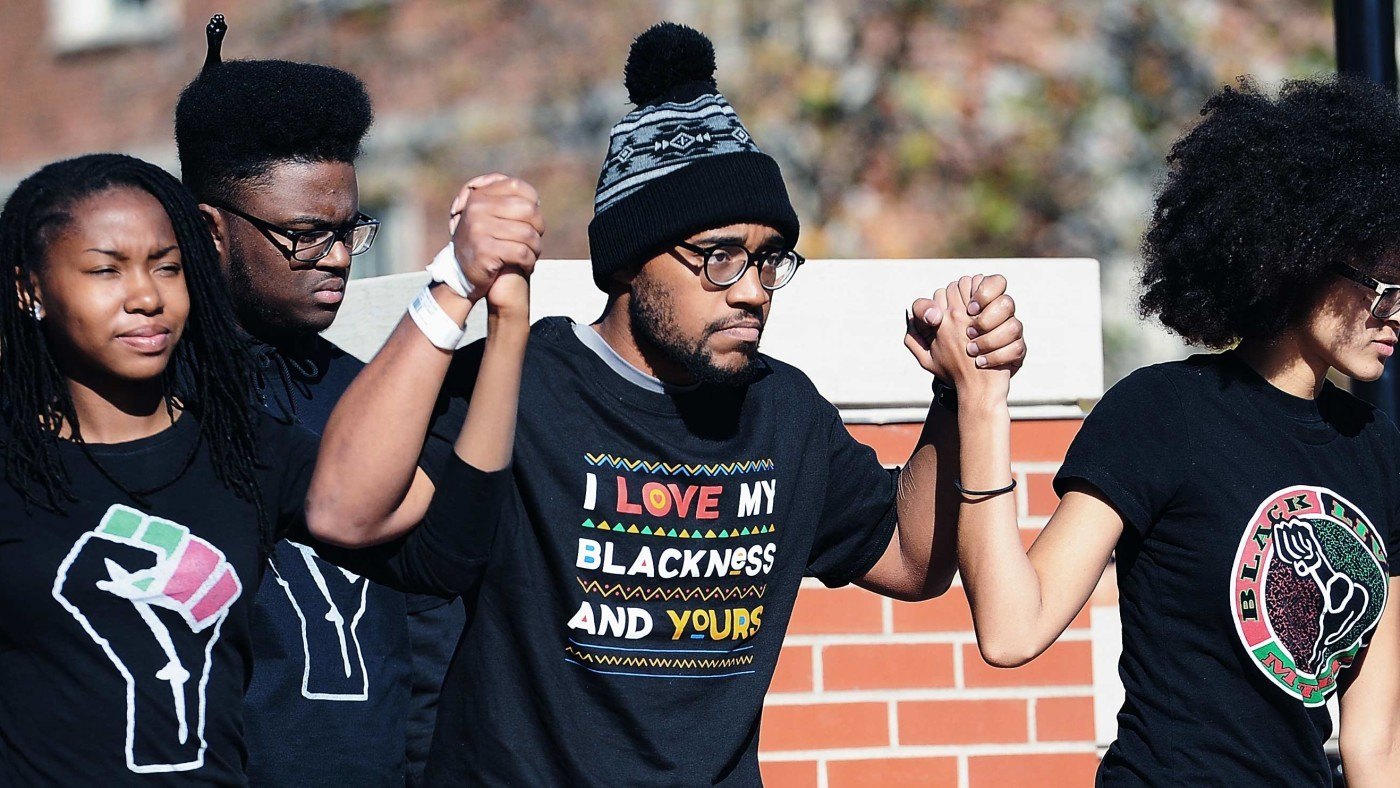Are Americans engaged in a soft civil war? So concludes the Manhattan Institute’s Fred Siegel in a devastating piece entitled, “The House Divided” in City Journal.
Siegel, whose topic is the breakdown in confidence in our public institutions, is not alone in his assessment.
Glenn Reynolds’ latest column for USA Today dealt with a similar theme warning that if more people have faith in the military than in government, we are heading down a potentially dark path. As he explains,
If this were just one-sided anger at the Obama Administration, then it would be troubling, but not dangerous. But if, as seems plausible, a majority of Americans don’t think a Republican administration would represent a substantial improvement, then we’ve got a bigger problem. If voters think that they can’t vote their way out of a problem, then they may look to other solutions.
Siegel traces what has happened to America over the past 25 years, taking as his starting point a seminal work of history by liberal academic and adviser to President John F. Kennedy, Arthur M. Schlesinger. As Siegel explains, Schlesinger warned about the transition from pluralism to multiculturalism that took place in the 1980s. The problem, says Siegel,
Multiculturalism displaced a hyphenated Americanism in which we spoke of Italian-Americans, Irish-Americans, and, eventually, African-Americans as the norm. Pluralism assumed that Americans shared a common identity even as they retained ancestral attachments.
Multiculturalism went hand in glove with Political Correctness because as Siegel explains, not only did group ethnic identity come to matter more than our collective identity as Americans, but when visible minorities claimed victim status they also demanded speech codes to protect their status as victims of White oppression, especially slavery and racism.
The connection between political correctness and the doctrine of multiculturalism is integral. PC proscribes open debate. Instead, in classic Communist fashion, it judges an argument on the basis of the interests it serves.
As Siegel notes, the hope 25 years ago was that this wave of identity politics and policing speech would be stopped by the silent majority, especially among academics, who were supposed to know better and would put an end to the insanity. Pity that isn’t what happened.
What America got instead was full steam ahead on the collapse of classical liberal institutions of higher learning. “There was never a shout of ‘enough’ from academia,” as Schlesinger had hoped. And as Siegel notes, the academy, on the contrary,
[Had] developed an unsatable appetite for infantile exhibitionism. With few exceptions, faculties had no desire to distance themselves from campus hijinks. The Clinton years proved to be a mere interregnum. It turned out that the collapse of political and economic Communism paved the way for the cultural Marxism that took hold in the universities…..Colleges across the country replaced their classes on American history with therapy sessions about diversity that demanded not just orthodox thinking but orthodox speaking and feeling as well.
What has become of the university? It is now the site of “creeping totalitarianism” says Larry Summers, former president of Harvard. And the students, they’ve gone into government service to preach their dogma to the rest of us. Trouble is the rest of us don’t much like it. Siegel, explains,
These preening bureaucrats are the ideal instruments of government overreach. They impose their ideological agenda in the name of racial, gender, and environmental equity, not to mention obscure IRS rules. And working Americans are forced to pay for a now-vast population of unemployed but subsidized Americans of working age, even as new immigrants—legal and illegal—undercut their wages. Meanwhile, college graduates educated in “victim studies” weaponize what they’ve learned and go to work in the aggrievement industry.
And hence we have a backlash that feeds the candidacy of the vulgar celebrity Donald Trump. “Trump speaks to the frustration and anger of people whose wages have stagnated as government bureaucracy has grown dramatically more intrusive,” Siegel warns.
Michael Barone, who has been watching politics for decades, described this week just how fed up of elites, most Americans are feeling. And with good reason, since so many politicians see them as needing to be told what and how to live. “The American people are seen as a great beast, incapable of reason or cool judgment. Stupid and vicious,” Barone explained.
Siegel ends with a stinging indictment of Schlesinger’s failings accompanied by a troubling assessment of the state of our republic.
Schlesinger was too much a part of the elite to imagine that the class he always thought of as representing the best of the future would come to be despised by a broad swath of Americans for its incompetence and ineffectuality. But what Schlesinger saw on the horizon seems to have arrived, with no sign of abating.
In this environment, the election 10 months from now is more consequential than even the candidates likely understand.


